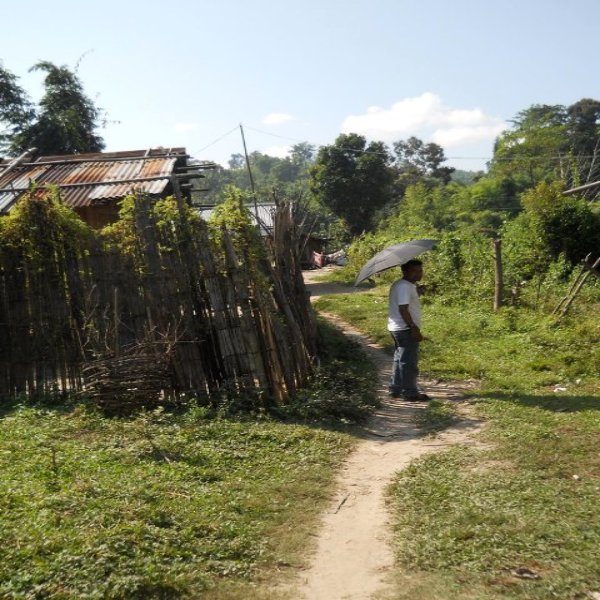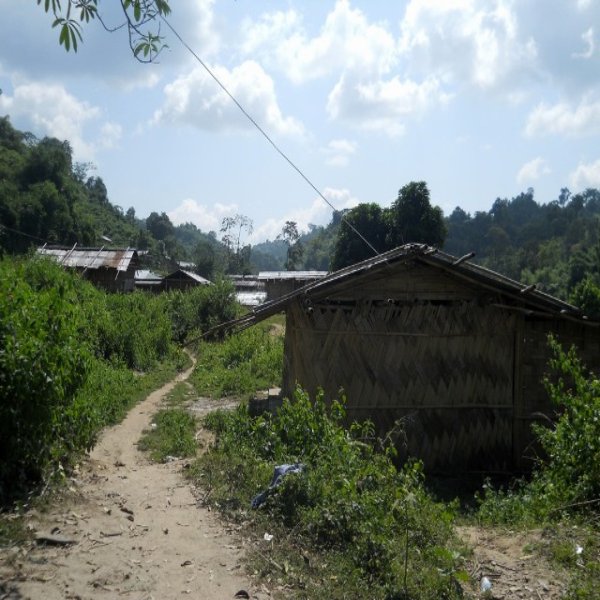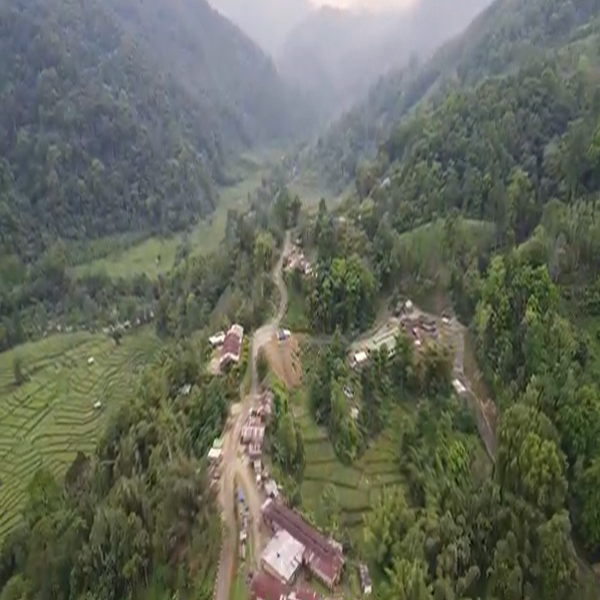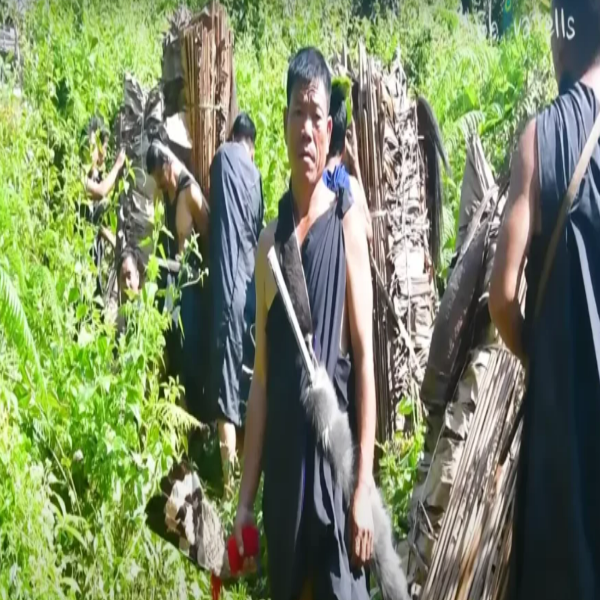
Themes
tribal ecological knowledge
Nyishi tribe’s Ecological Knowledge , arunachal pradesh

The Nyishi people practice jhoom cultivation in the hills that have further been left bare for soil recuperation and control against soil erosion. This method built up a bio-diversity area, such as millet and maize cultivation, between seasonal variations. Their practices depict the deep ecological knowledge percolated into the struggle between soil fertility and use of resources. The Nyishi show this in their concern for sustainable agricultural practices because of the fallowing of fields and protection of indigenous plant species ensuring healthy environment management.

The Nyishi actively protect forests and conserve biodiversity through sustainable use. They gather medicinal plants using methods that prevent depletion and respect sacred spaces within forests. Taboo-based restrictions on certain trees and areas prevent ecological harm, reinforcing their role as stewards of nature. These practices, rooted in traditional knowledge, preserve ecological balance and demonstrate their conservation ethics, which are essential for the continued health of their environment.

The Nyishi tribe uses water conservation techniques to maintain rivers and streams for agriculture and drinking. They construct small canals to bring water to jhoom fields and employ natural methods to reduce water pollution. By respecting riverbanks as sacred, they protect aquatic life and the riparian ecosystem. This ecological respect ensures long-term water resource availability and reflects the tribe’s understanding of the importance of clean, sustainable water management.

Nyishi hunting practices reflect their knowledge of local wildlife and emphasize ecological balance. They follow seasonal restrictions to protect animal populations and respect taboos on hunting endangered species, which fosters biodiversity. By viewing hunting as a reciprocal relationship with nature, they balance their needs with the environment, ensuring the ecosystem’s stability. This approach highlights their understanding of species interdependence and commitment to ethical resource use.

Donyi Poloism (i.e., sun and moon worship), as believed by the Nyishi, provides a basis for sacred ecology. Temples such as the Nyeder Namlo are surrounded with protected forests, which provide sustenance for local wildlife. These people regard their environment as sacred and have developed an ethical system which informs their practices of farming, hunting, and conservation. Sacred ecology thus goes on to represent a fusion of cultural beliefs with environmental protection, and shows one inter-connectedness of spirituality and sustainable resource management.

